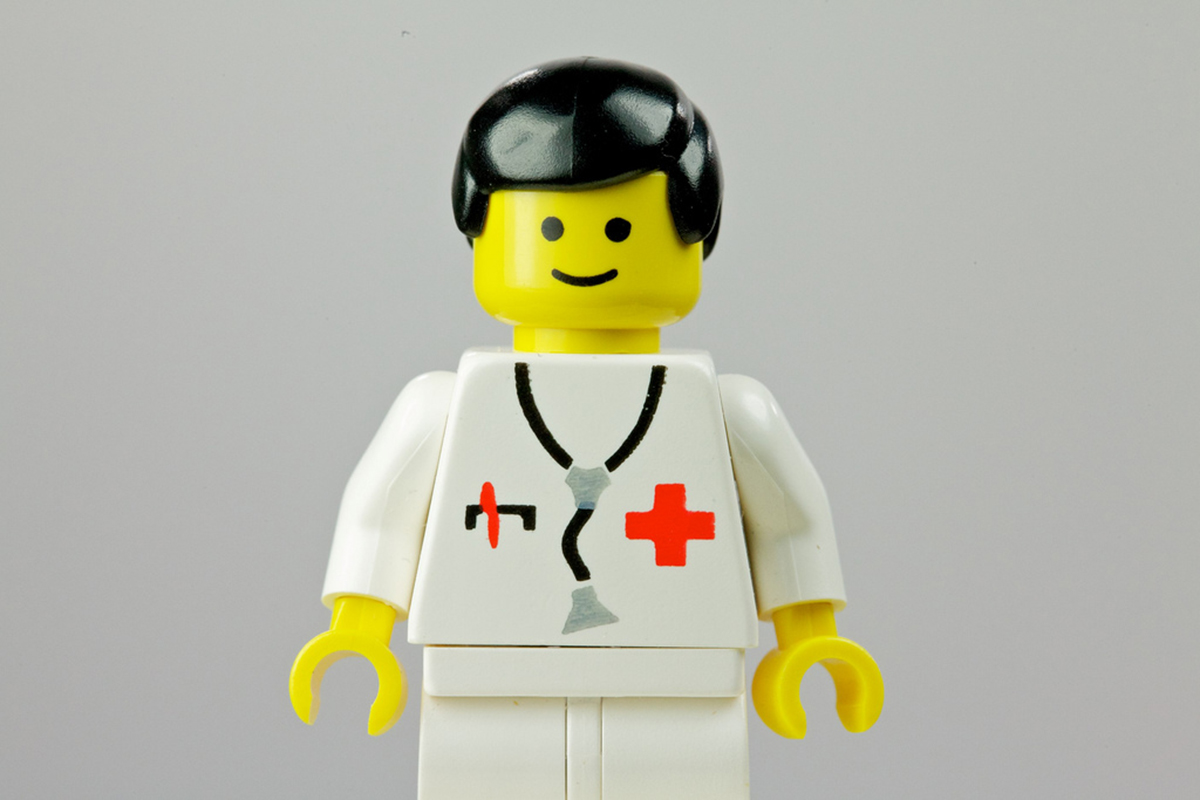Table of Contents
Having been born not all that long after World War II, and having a father who had been in combat in the South Pacific and a mother who survived difficult circumstances whose brothers earned medals for bravery, set me up for decades of "holding it in" around doctors, teachers, and other care providers. I used to be very hesitant to ask anyone for help. Now, however, I personally have no particular problem being completely frank with a doctor. I've had so many health issues that I am eager not to have still more. Life experience has a way of mellowing machismo, at least for some of us. It's simply practical to get treatment as needed.

There are some very practical reasons for "getting over it."
- Some conditions demand timely treatment. Cancer is a good example.
- Nurturing a sense of stigma changes your body's reactivity to the stress hormone cortisol. In other research, Dr. Himmelstein has confirmed that the stigma of being overweight, for example, increases your body's sensitivity to cortisol so that you put on pounds more easily. Likewise, stewing about needing to go the doctor but being afraid what unidentified "other people" might think adds to the physical stress that weakens resistance to disease.
- Speaking up about what you need counterintuitively increases your sense of autonomy. When you don't limit yourself by what other people may think, you feel more in control and more certain in your actions. Likewise, insisting on equal treatment, racial equality, or women's equality, or insisting on highly professional treatment without regard to your ability to pay increases your level of comfort with your situation, and accelerates healing.
The mistake to avoid is choosing a male doctor specifically because you don't feel the need to talk as much. Some people see the doctor as a kind of competitor you don't tell your secrets. You have to tell your doctor your secrets, however, embarrassing they may be, even if you are wrong, so they can use their professional expertise to unravel your symptoms to make an accurate diagnosis. Likewise, it's important to avoid self-treatment at the expense of medical treatment. My dad, for example, would usually make five or six trips to the drugstore and buy every conceivably applicable patent medicine before finally breaking down and seeing the doctor. It's faster, and in many cases less expensive, simply to see the doctor first and get the right medication the very first time.
READ Does Your Doctor Care More About Drug Company Payoffs Than About You?
In the United States, men suffer higher rates than women of all 15 of the most common chronic health conditions. Men have higher death rates for all 15 of the most common health conditions. Men die, on average, seven years sooner than women. The fact is, it takes balls to muster up the courage to deal with a health issue, to admit the need for medical help, even sometimes for psychiatric help. It's really more manly find the courage to get well, even if getting well requires following the advice of your doctor.
- Himmelstein MS, Sanchez DT. Masculinity impediments: Internalized masculinity contributes to healthcare avoidance in men and women. J Health Psychol. 2014 Oct 7. pii: 1359105314551623. [Epub ahead of print] PMID: 25293967.
- Himmelstein MS, Sanchez DT. Masculinity in the doctor's office: Masculinity, gendered doctor preference and doctor-patient communication. Prev Med. 2016 Mar. 84:34-40. doi: 10.1016/j.ypmed.2015.12.008. Epub 2015 Dec 24. PMID: 26724519.
- Photo courtesy of superturtle: www.flickr.com/photos/superturtle/184607010/
- Photo courtesy of jeffeaton: www.flickr.com/photos/jeffeaton/6586675253/
- Photo courtesy of jeffeaton: www.flickr.com/photos/jeffeaton/6586675253/


Your thoughts on this